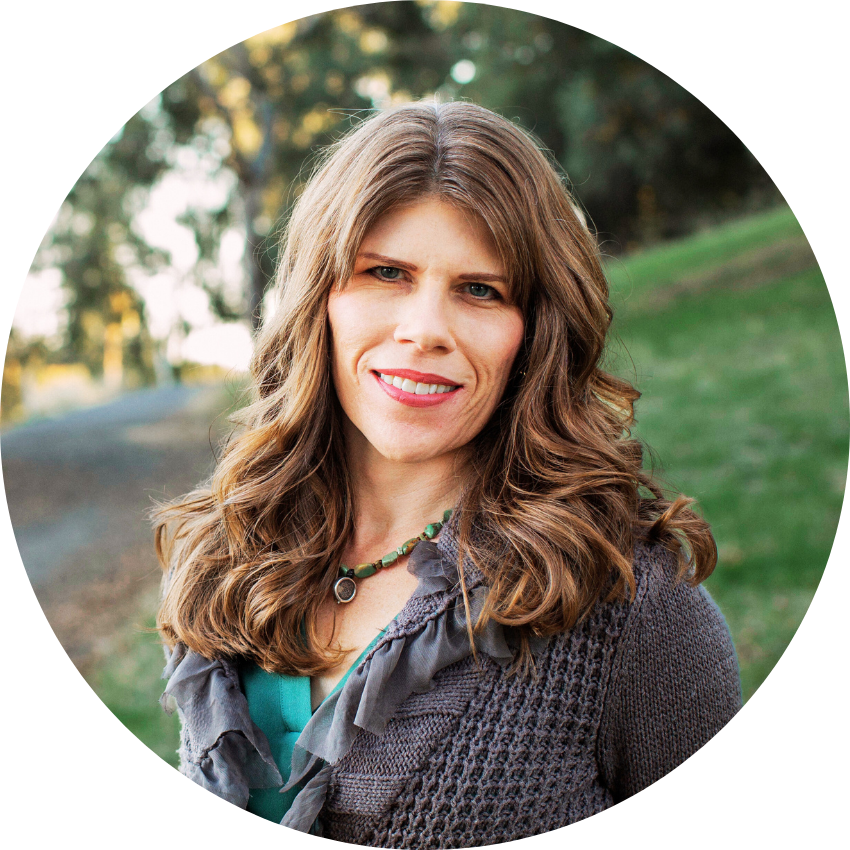As a Highly Sensitive Person who became an integrative mental health coach, I’ve experienced both sides of the table in HSP coaching. I have been the HSP seeking support for my challenges, and I’ve been the coach supporting HSPs with their struggles. When I think about my experiences and those that others have shared with me, I realized there I had similar challenges in common with my clients — specifically, there are three common reasons that HSPs seek coaching.
The three common reasons HSPs seek coaching are (1) identity issues, (2) personal boundaries, and (3) forming trusting relationships. You may notice as you read through these challenges, that they build upon each other — they are developmentally intertwined.
If you are a coach working with an HSP client who has trust issues in their relationships, for example, keep in mind that you may need to explore their sense of identity and their boundary behavior in order to get a fuller picture of what’s going on.

Table of Contents
Common Reason #1 — HSPs Seek Coaching for Identity Issues
We all rely on each other to some extent to help us form our identity. But HSPs, from the time they are born, are absorbing and reflecting on what and who is in their environment. A highly sensitive child, while they may have their own emotional reactions and feelings to what’s going on around them, they are also processing the energy and the feelings of their mom, dad, sister, and brother … the family pet. This amalgamation of emotions can result in a skewed perspective of the identity of SELF. While starting in infancy, it can continue all through childhood and adulthood, contributing to relationship challenges with self and other.
Highly sensitives also tend to seek acceptance and have a strong desire to fit in. Many highly sensitive children learn to ‘conform to the norm’ and go so far as to shift their behavior and personality. They also strive for a cooperative environment and will sacrifice what’s important to them in order to keep the peace.
All of these circumstances contribute to HSPs losing their identity of self and why they commonly seek support to heal their intrapersonal relationship and gain self-knowing, confidence, and esteem.

Looking for an HSP-Trained coach to help you align your life with your priorities?
Through my Highly Sensitive Person (HSP) certification with the Nickerson Institute, as well as being an HSP, I offer HSP coaching to develop specific goals around your HSP needs. We HSPs frequently deal with anxiety and overstimulated nervous systems that prevent us from achieving peace and attaining our life goals. HSP coaching with me includes a detailed review of your sensitivities and a mutually-desired plan for growth and management of this superpower to shift negativity and begin seeing yourself as the hero of your own story. (Affordable monthly coaching begins at $150/month.)
Common Reason #2 — HSPs Seek Coaching for Building Healthy Boundaries
One of the most common qualities that hinders HSPs in their interpersonal relationships is not having healthy boundaries. In my experience, this is not a ‘one size fits all’ problem. There are many reasons why HSPs may have a difficult time with boundaries — and not just maintaining their own, but also in crossing other people’s boundaries. Taking the time to understand and explore what’s fueling the behavior will help your coaching client create healthier habits.
Here are the main causes I’ve found for unhealthy boundary behavior in HSPs:
- Crossing boundaries to stop other people’s suffering. Because HSPs can feel people’s pain, they will sometimes go to inappropriate lengths to help diminish it. They not only want to help others feel better because of their compassionate nature but also as self-preservation. In other words, If I solve your problem, I won’t have to feel your hurt, pain, or disappointment.
This behavior also presents itself in less critical circumstances. For example, fixing someone’s day-to-day type of problems without being asked. Because HSPs are ‘born fixers’ with an intuitive ability for problem-solving, it’s almost a reflexive behavior to butt in where not invited. Fixing others’ problems gives HSPs a feeling of empowerment and control (something they usually lacked in their childhood).
- Crossing someone’s physical boundaries. This might include hugging, touching, or even high-risk sexual behavior. HSPs generally long for connection – whether that’s because they didn’t form a secure attachment as an infant, or because there’s a sense of intimacy in being able to feel another’s emotions. In either case, that need is sometimes expressed through unacceptable physical behavior.
This behavior can also be fueled by chemistry. When HSPs pick up on the energy of someone who they sense is in need of a hug or physical contact, they may act on it, sometimes inappropriately.
- Allowing their physical/emotional boundaries to be crossed. While this behavior may stem from any number of self-belief issues, the one I have most commonly observed is that HSPs do not want anyone to feel bad or be angry with them. They abhor being the cause of someone’s negative emotions. As a result, they tend to let people get away with things, sometimes becoming the doormat in relationships. This goes back to the need to feel connected, be accepted, and avoid rejection.

Become an HSP-Trained Coach with certification from the Nickerson Institute. This course is for professionals working with Highly Sensitive People. It covers various assessments, mistaken conditions, health-related issues, and challenges with identity, relationships, boundaries, as well as traditional/alternative therapies.
Common Reason #3 — HSPs Seek Coaching to Help Build Trusting Relationships
Going back to the identity issue, HSPs can be so entrenched in others’ emotions, they believe that they need a relationship to define who they are.
They also may crave a relationship with someone who truly appreciates their complexity, sensitivity, and in-depth view of the world. Without that type of deep, interpersonal relationship, an HSP can feel very alone and dejected. And because HSPs are nurturers, they tend to need relationships to fulfill that function.
Yet for the half of HSPs who had an insecure parental attachment, building trusting relationships can be a real challenge — and something they often seek support for.
Trust is formed during infancy and involves the belief in the ability and reliability of one’s parents/caregivers. Trust is built when the child feels that:
- The caregiver will protect the child
- The caregiver will provide a safe environment
- The caregiver will be attentive in the moment of need
- The caregiver will not be overbearing or neglectful
- The caregiver will not force too much stimulation on the child
If the caregiver of the highly sensitive child failed to fulfill these fundamental needs, MISTRUST was learned.
I want to interject here that this does not mean that HSPs with trust issues all had unfit caregivers. If the parents weren’t aware of the child’s sensitivity, how could they understand the scale by which they needed to adjust the environment, care, and attention?
Yet the consequence of the mistrust they felt as an infant reverberates throughout their relationships going forward, leaving the HSP to say, “Why take the risk?”
*The content of this article is taken from the online course “Highly Sensitive People Certified Training for Mental Health Professionals.” This highly-praised course is available from the Nickerson Institute of Integrative Health Training.
To learn more about boundaries and HSPs, download this complimentary guide “Self-Boundaries for Highly Sensitive People:”
Be sensitive, be free
*This post contains affiliate links and I will be compensated if you make a purchase after clicking on my links*





[…] of stimulation and overwhelm as a Highly Sensitive Person myself. I love working with people as an HSP-trained coach to accept and develop practices that empower, strengthen, and allow freedom of […]